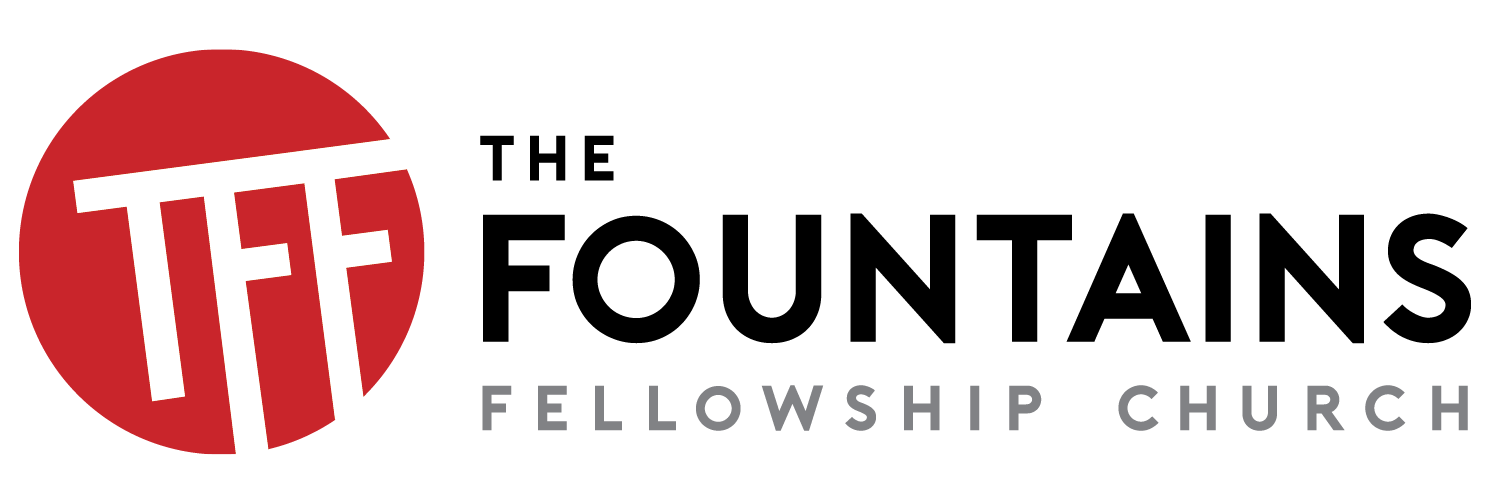BYSTANDER | WEEK 5
Week 5: OPEN EYES
INTRODUCTION
There are many products we buy, use, and put our confidence in without having all the information or fully understanding how they work. In the Gospel of John, we see a man begin to follow Jesus based on limited information. This man, who was born blind, said he only knew one main thing—and that one thing was enough to make him curious about who Jesus really was.
DISCUSSION QUESTIONS
What are some things people put full trust in without having all the information?
Give some examples of proof people would like to have before believing in God.
Read John 9:1–20, where the apostle John recounts the story of Jesus healing a man born blind.
As he went along, he saw a man blind from birth. 2 His disciples asked him, “Rabbi, who sinned, this man or his parents, that he was born blind?”
3 “Neither this man nor his parents sinned,” said Jesus, “but this happened so that the works of God might be displayed in him. 4 As long as it is day, we must do the works of him who sent me. Night is coming, when no one can work. 5 While I am in the world, I am the light of the world.”
6 After saying this, he spit on the ground, made some mud with the saliva, and put it on the man’s eyes. 7 “Go,” he told him, “wash in the Pool of Siloam” (this word means “Sent”). So the man went and washed, and came home seeing.
8 His neighbors and those who had formerly seen him begging asked, “Isn’t this the same man who used to sit and beg?” 9 Some claimed that he was.
Others said, “No, he only looks like him.”
But he himself insisted, “I am the man.”
10 “How then were your eyes opened?” they asked.
11 He replied, “The man they call Jesus made some mud and put it on my eyes. He told me to go to Siloam and wash. So I went and washed, and then I could see.”
12 “Where is this man?” they asked him.
“I don’t know,” he said.
13 They brought to the Pharisees the man who had been blind. 14 Now the day on which Jesus had made the mud and opened the man’s eyes was a Sabbath. 15 Therefore the Pharisees also asked him how he had received his sight. “He put mud on my eyes,” the man replied, “and I washed, and now I see.”
16 Some of the Pharisees said, “This man is not from God, for he does not keep the Sabbath.”
But others asked, “How can a sinner perform such signs?” So they were divided.
17 Then they turned again to the blind man, “What have you to say about him? It was your eyes he opened.”
The man replied, “He is a prophet.”
18 They still did not believe that he had been blind and had received his sight until they sent for the man’s parents. 19 “Is this your son?” they asked. “Is this the one you say was born blind? How is it that now he can see?”
20 “We know he is our son,” the parents answered, “and we know he was born blind.
What are some details about this story that would lead a reader to believe this actually happened?
In verse 2, there was an assumption that sin and suffering were connected. Were you raised to believe that?
In verse 3, Jesus said purpose can be found in the lifelong suffering of the blind man. How does it resonate with you that suffering might have a purpose?
Similar to the sign from John 5, Jesus seems to violate the Sabbath tradition held by the Pharisees. Why does John continue to mention this?
Read John 9:24–25, where the formerly blind man focuses on the main thing—he could now see!
24 A second time they summoned the man who had been blind. “Give glory to God by telling the truth,” they said. “We know this man is a sinner.”
25 He replied, “Whether he is a sinner or not, I don’t know. One thing I do know. I was blind but now I see!”
How does what the man said remind you of something that happened in your own life?
3. Think of a season of your life that was difficult through no fault of your own. You may be in one currently.
Is there something about that season God used (or could use) to shape your faith? If so, what?
4. If you became a follower of Jesus as an adult, is there one pivotal circumstance that caused you to turn the corner? If so, what was it?
5. In which of these aspects of your faith journey would you like your “eyes opened” more?
Explain.
Hope • Joy • Love • Forgiveness • Contentment • Peace • Understanding • Patience
CHANGING YOUR MIND
It’s okay to be wrong. It’s okay not to know. But it’s not okay not to look if there’s something to be seen.
